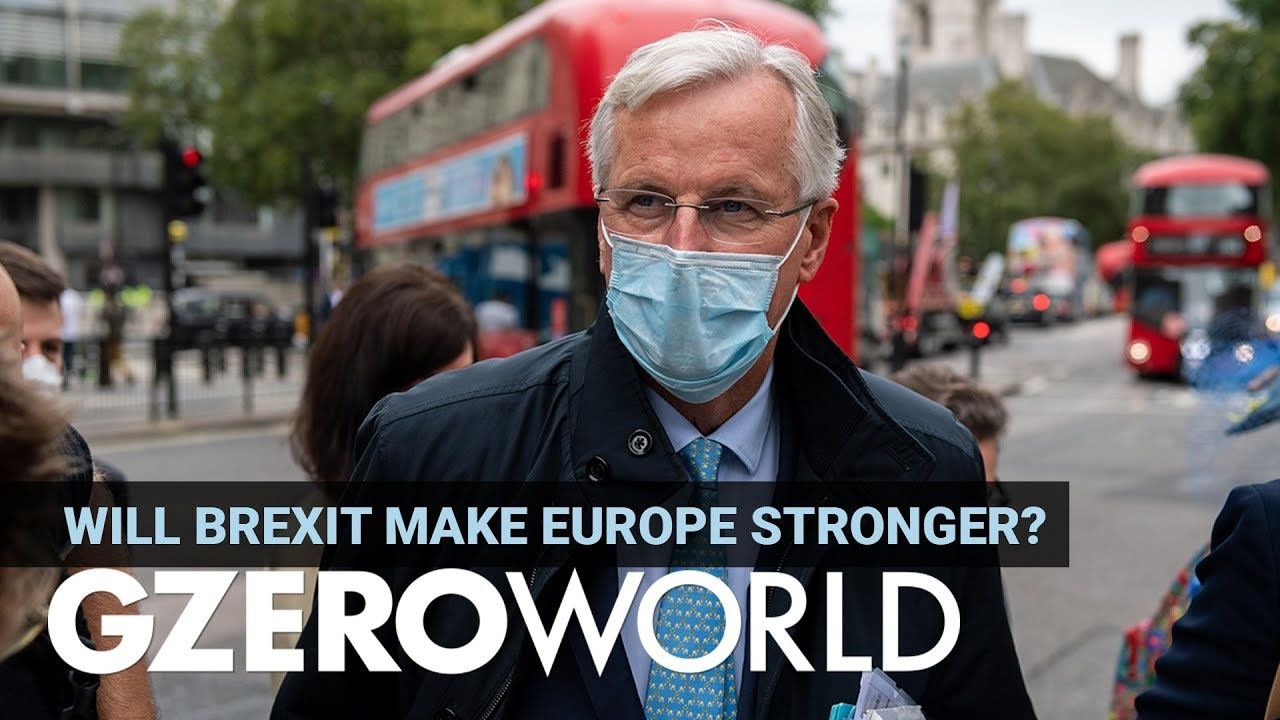GZERO World Clips
Will Brexit make Europe stronger? European Central Bank's Christine Lagarde explains

Will Brexit Make Europe Stronger? | European Central Bank's Christine Lagarde Explains | GZERO World

If Brexit has shown the world anything, it is that deep-seated political dysfunction is by no means confined to the United States. But as Europe comes together to avert an economic catastrophe caused by COVID-19, will Brexit throw the entire continent back into chaos? European Central Bank President Christine Lagarde tells Ian Bremmer in a new GZERO World interview that she doesn't "see any trace" of that happening.
Watch the episode: Christine Lagarde, Leading Europe's United Economic Pandemic Response
For China, hitting its annual growth target is as much a political victory as an economic one. It is proof that Beijing can weather slowing global demand, a slumping housing sector, and mounting pressure from Washington.
30,000: The estimated death toll in Iran during the protests at the start of the year, per local health officials, underscoring the scale of the Islamic Republic’s crackdown on its own citizens.
Seventy-eight years after helping found the World Health Organization (WHO), the United States has formally withdrawn from the agency, following through on a pledge President Donald Trump made on his first day back in office.
Mastercard Economic Institute's Outlook 2026 explores the forces redefining global business. Tariffs, technology, and transformation define an adaptive economy for the year ahead. Expect moderate growth amid easing inflation, evolving fiscal policies, and rapid AI adoption, driving productivity. Digital transformation for SMEs and shifts in trade and consumer behavior will shape strategies worldwide. Stay ahead with insights to help navigate complexity and seize emerging opportunities. Learn more here.